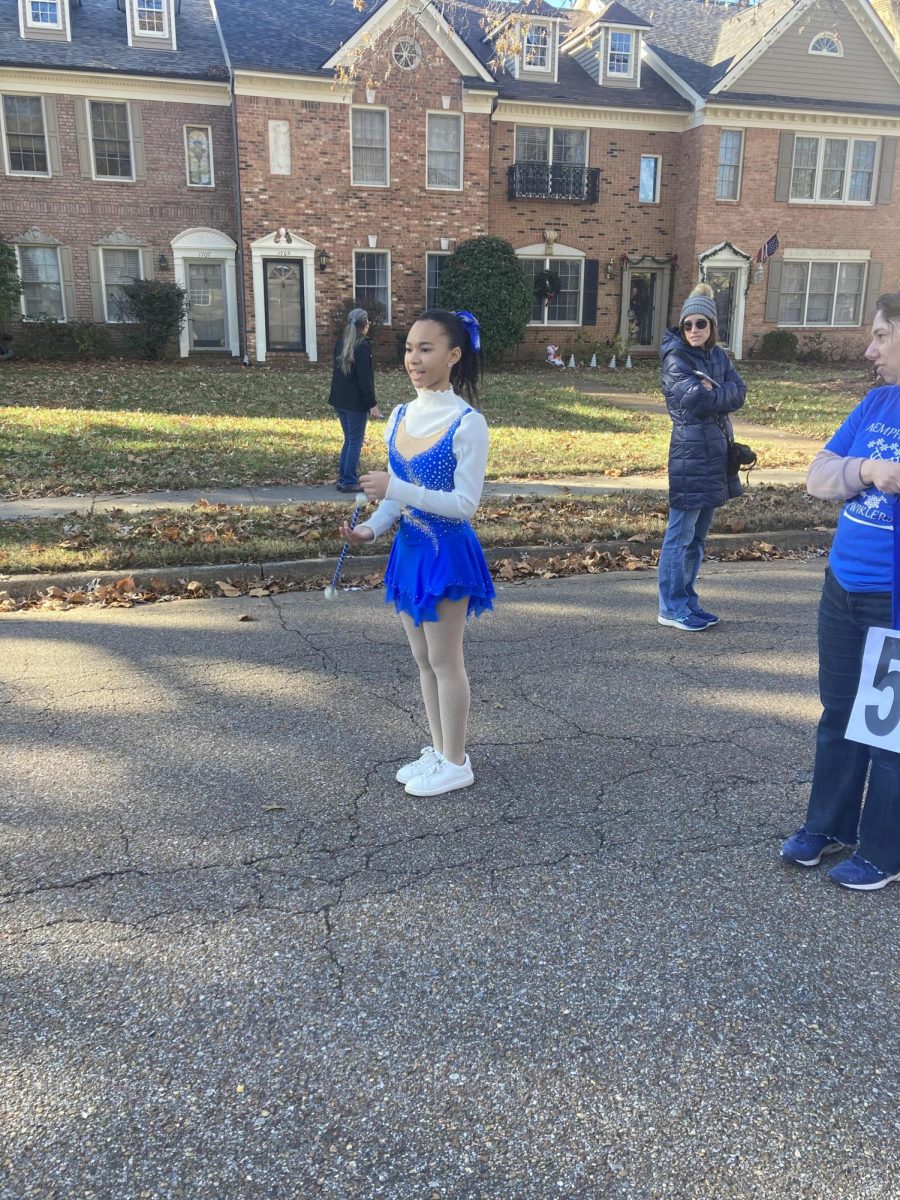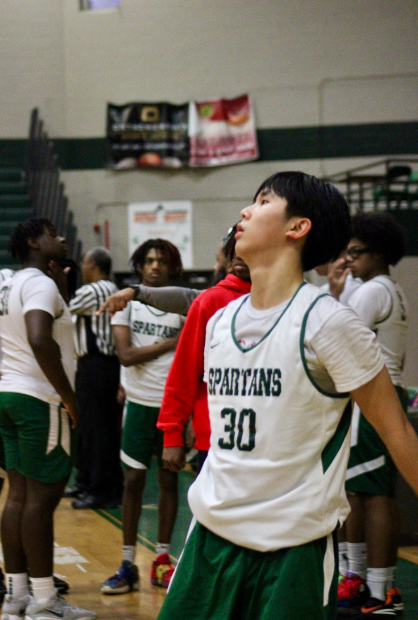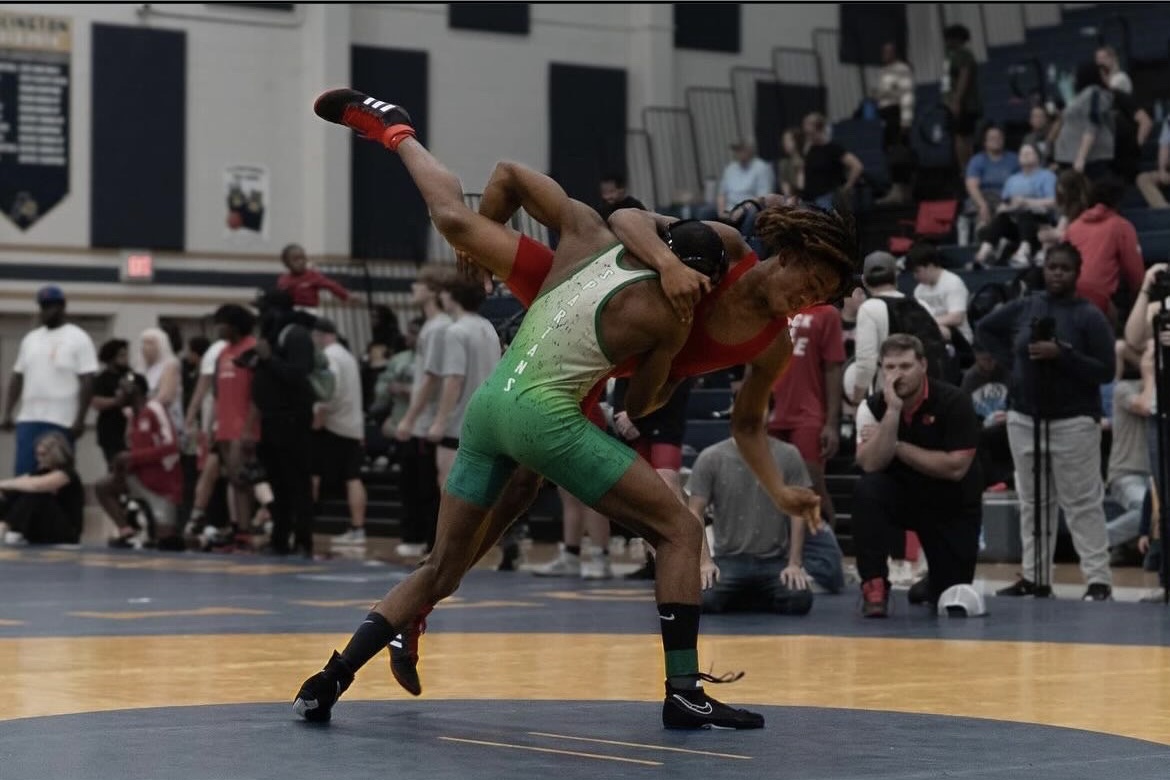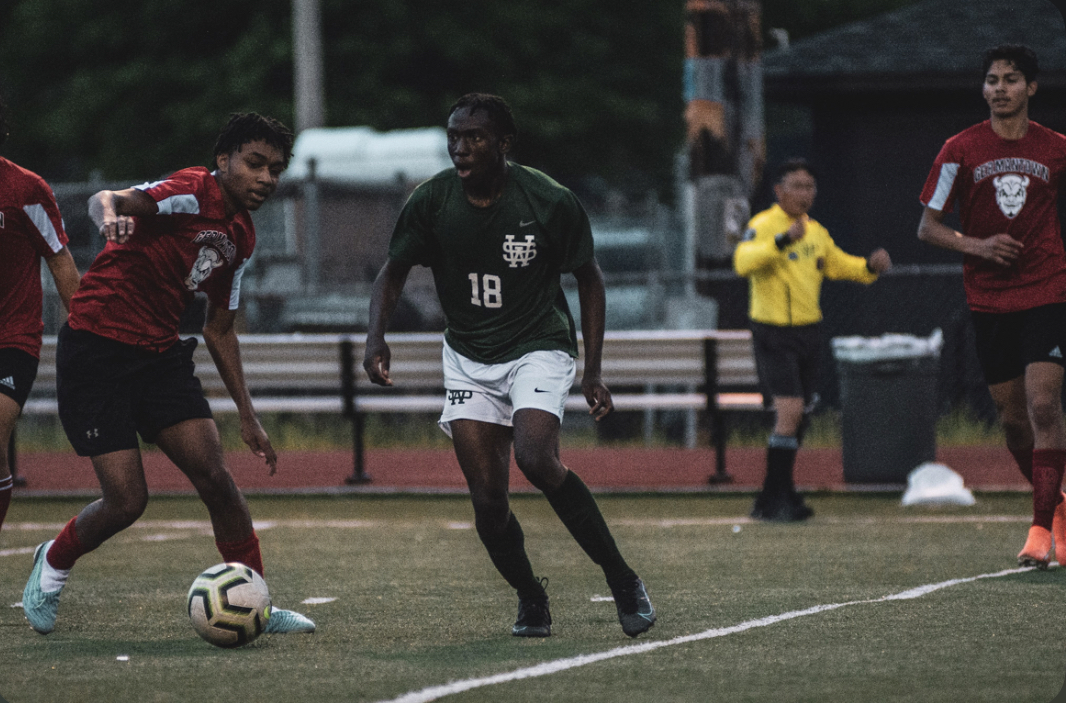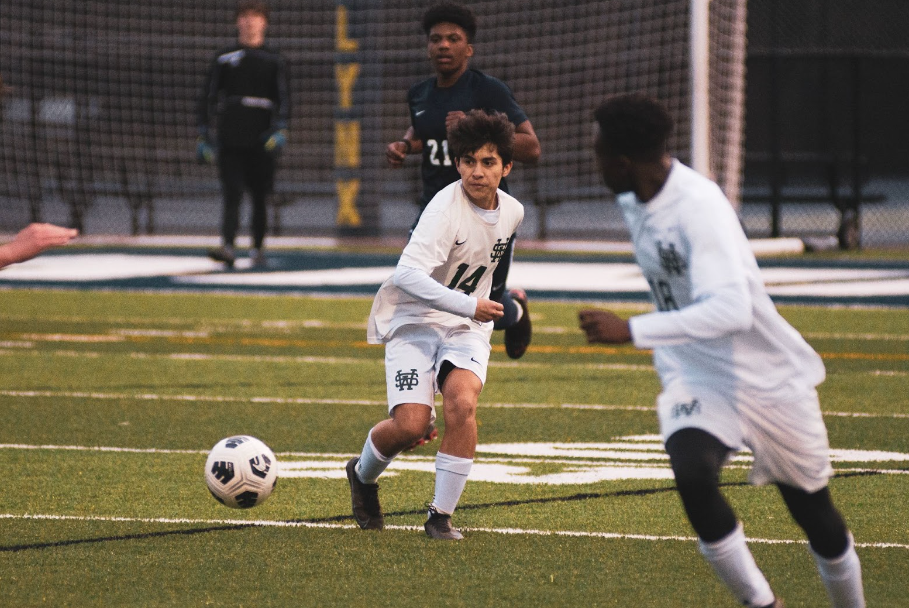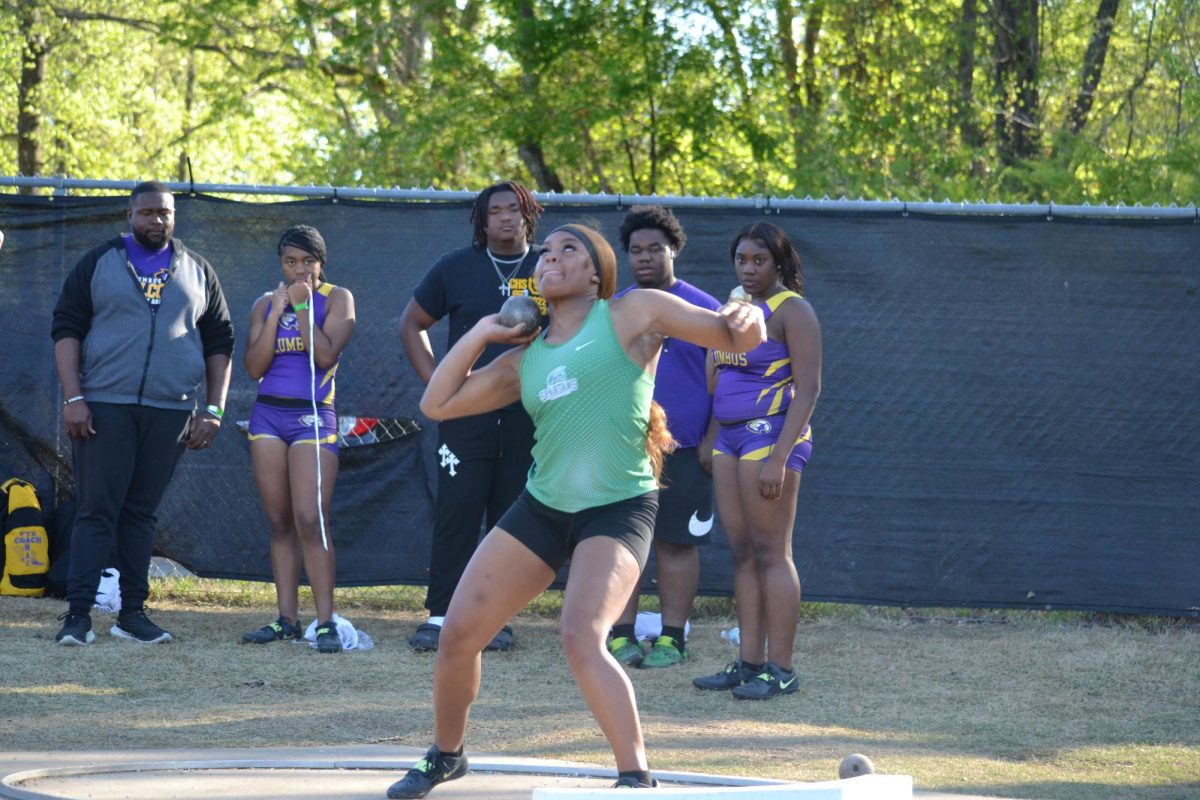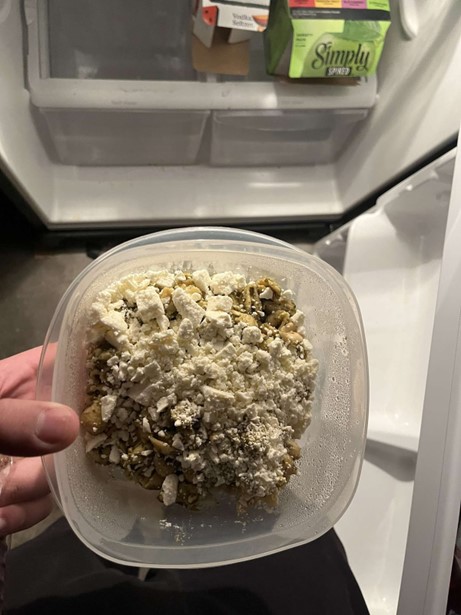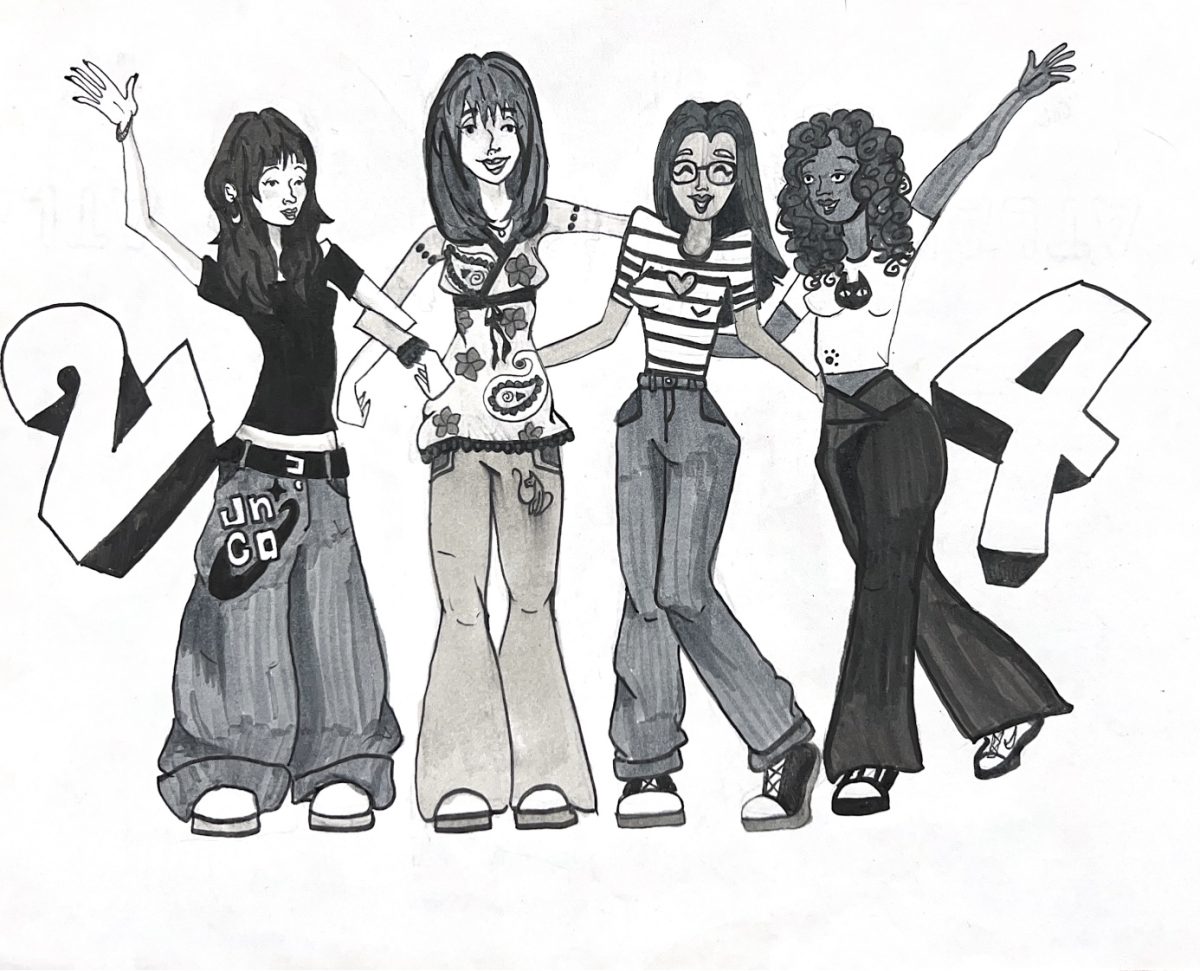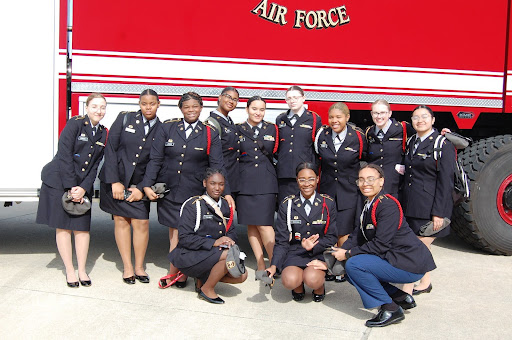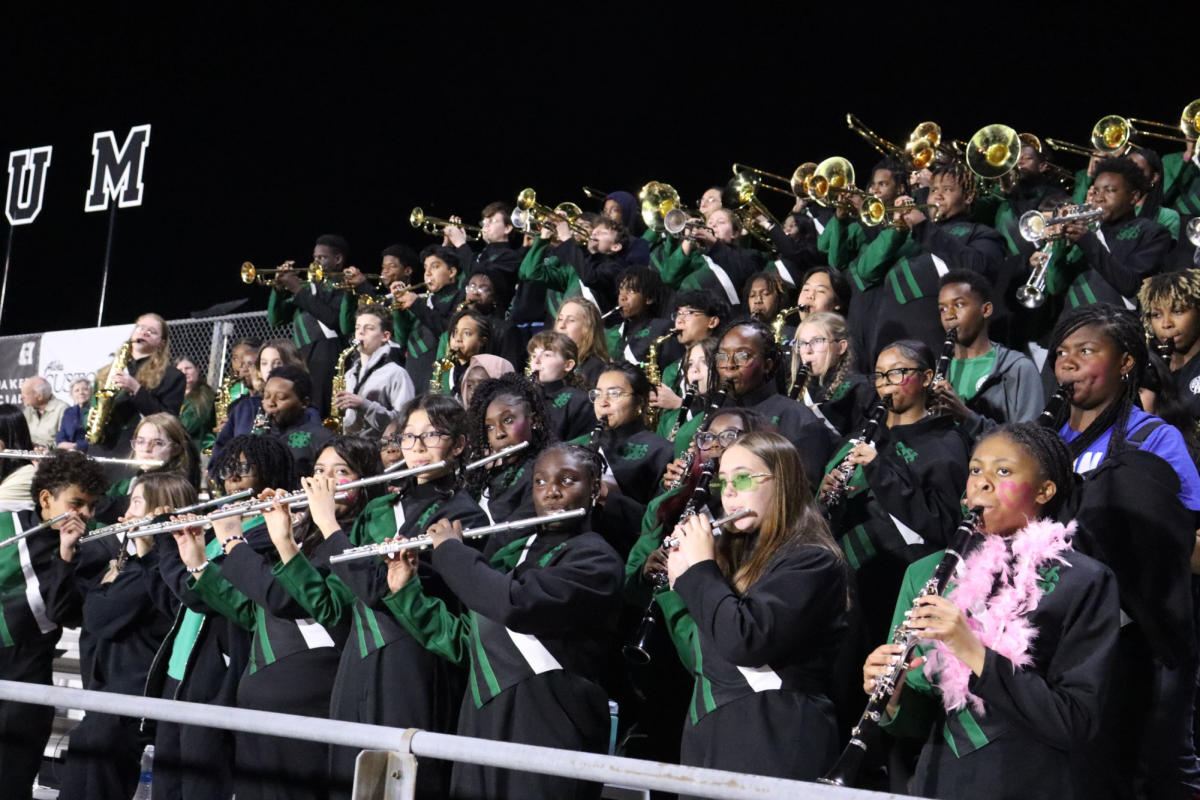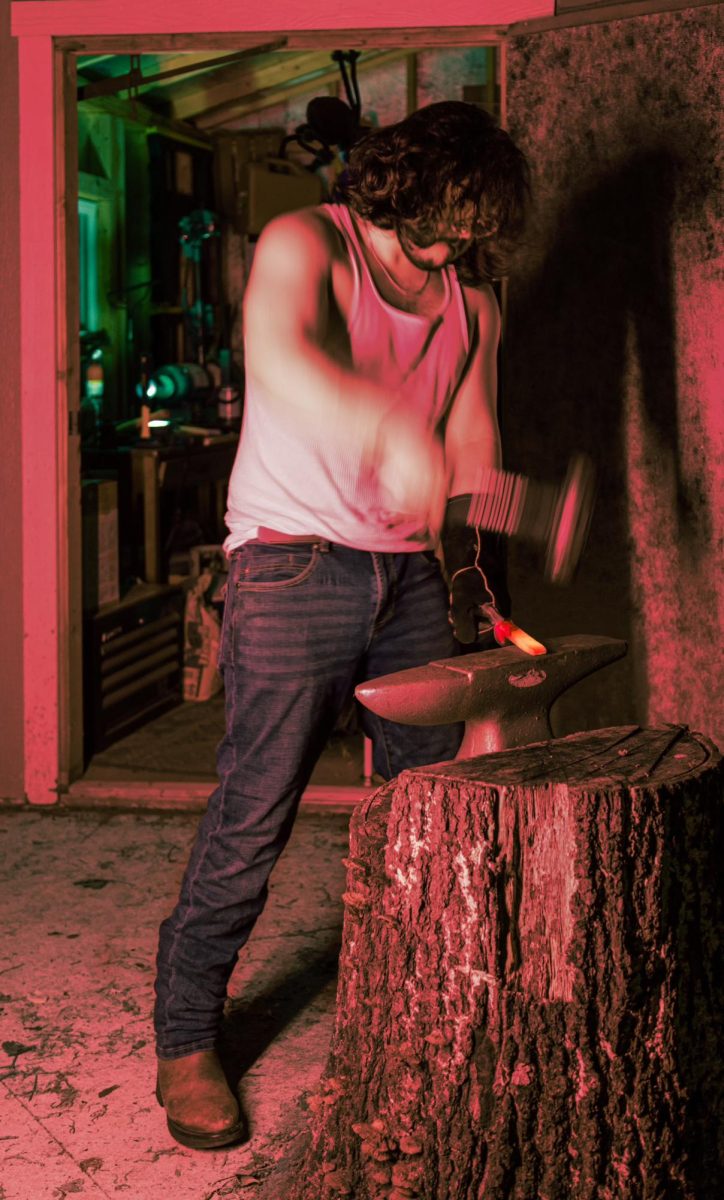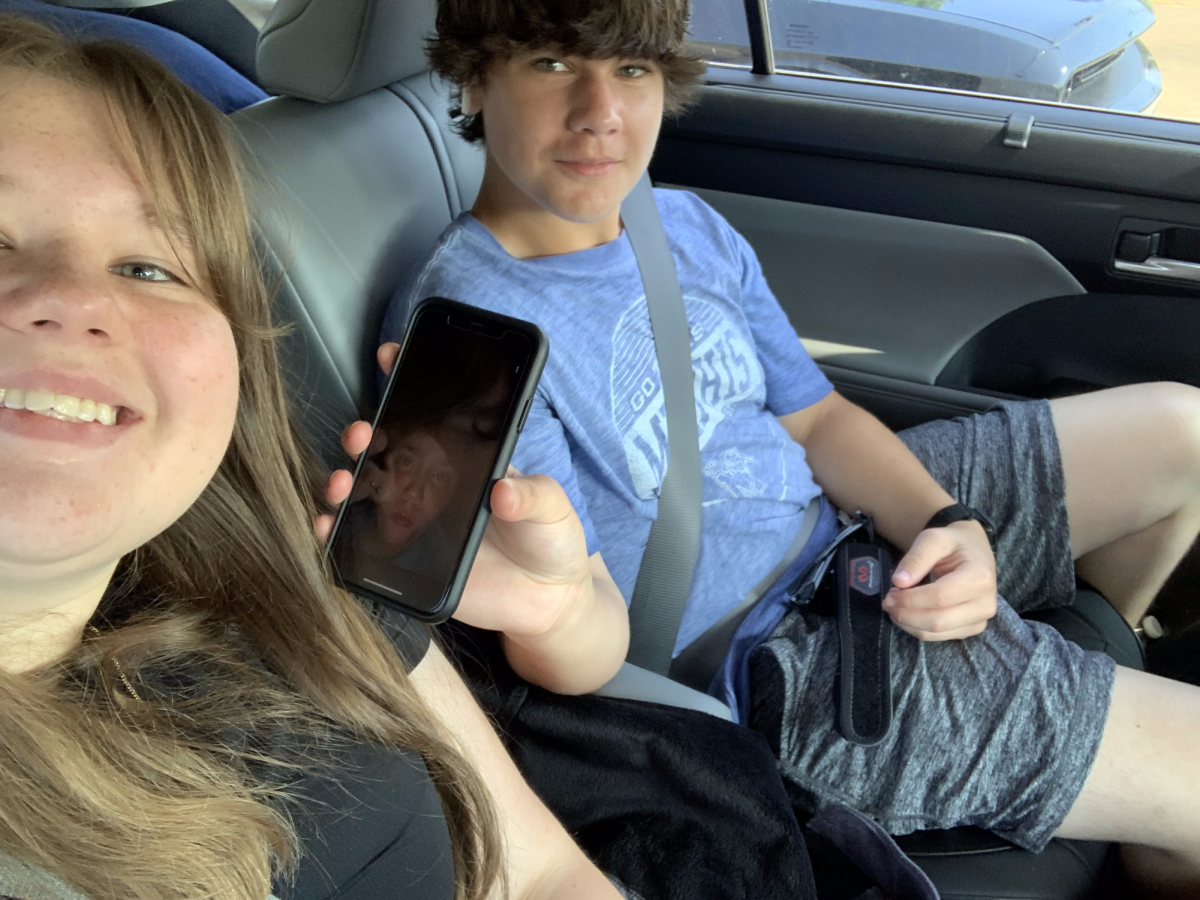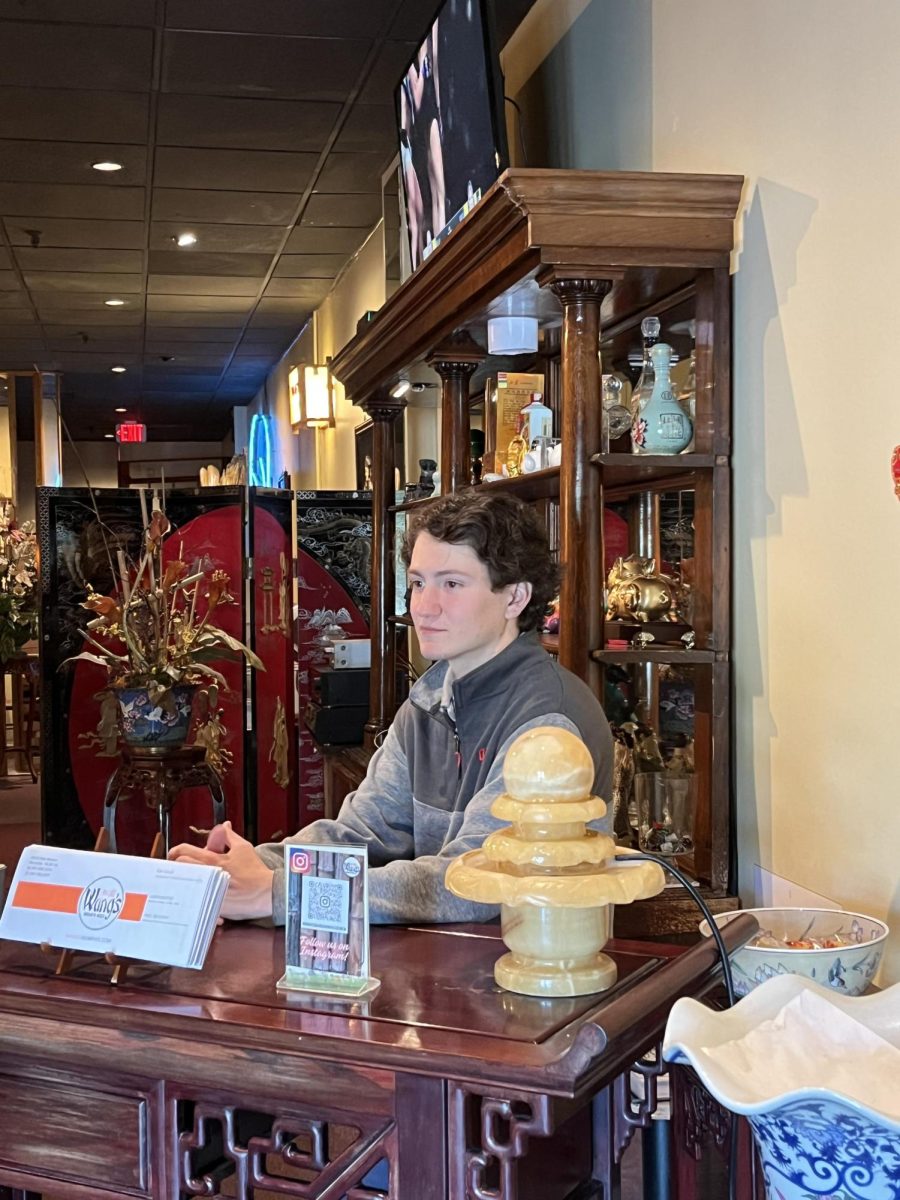You may have heard students shout the phrase “White House,” either while watching the marching band perform or at a JROTC parade. After being established in 1897, thousands of students have gone to White Station High, and thousands more have participated in JROTC and band.
1,700 JROTC programs and thousands of marching band programs exist across the United States. Many of these high schools also have multiple levels of concert bands. White Station High happens to have JROTC and band, with many students being enrolled in both.
“For band, I played piano, but they didn’t offer it in marching band or the level of band I was in so I picked the next best thing, which was trumpet,” Ellison Moore (10) said. “For JROTC, I liked the idea of having multiple credits for just one class, and I was really interested in marksmanship.”
There are numerous leadership positions in both JROTC and marching band. All of these positions are held by students. JROTC cadets can earn leadership positions through staff boards, which is similar to an interview. Band members must complete an application and go through an interview process.
“I would say with JROTC, there’s a lot more leadership opportunities and… a heavier call for leadership since it’s a bigger program and there’s a lot more people,” Chiu said. “For band, it’s a lot more laid back and fun.”

Many students find that JROTC and band help them build strong communities and relationships. However, as high school students, this can be a struggle for some. Between petty drama, break-ups, differences in beliefs, daily stressors and growing up in the modern world, working together can be difficult for anyone, but especially for developing minds.
“What really affects a negative view on both programs is the people. Mainly because if you don’t have the right people in charge, I feel like that has a worse view for you,” Chiu said.
Members of JROTC teams and the marching band must spend hours weekly or even daily together after school. So, regardless of any disagreements between peers, some students feel an instant connection to those in the same programs with them.
“With both programs, I love how … there’s like almost common ground between both people,” Moore said. “It’s … almost like one big family with both sides and how we communicate with each other, even if we haven’t talked to each other.”
Marching band season starts about three weeks before the start of school and ends in late October. These practices can be two to four days a week with a football game on Friday. However, JROTC practices go through nearly the whole year. The unarmed and armed drill teams, for example, have practices on Monday, Tuesday, Thursday and Friday. Students in both programs must learn to manage their time between the two as well as any other after-school activities they are involved in. The concert bands and JROTC also take up one class period each.
“For band and ROTC it’s definitely a lot more chaotic to manage being on [JROTC] teams and in band, especially during marching season, ‘cause marching season will cross over with any team practices I have,” Chiu said. “But, I will say after marching season, it’s a lot easier to manage my time ‘cause then I don’t have to worry about going to after-school practices for band, but I can have … time to go to practices for ROTC.”
JROTC and band may seem like opposites at first, but both help to promote some of the same qualities in their members, such as leadership and teamwork. Despite the increased amount of time spent both during and outside of school, many students still follow through with both programs for their entire high school career.
“I do plan on staying in band and ROTC for all four years,” Chiu said. “Originally, I think I wasn’t gonna stay in ROTC all four years, but now that I’ve been in the program for two years, I’m definitely gonna stay for all four years.”








